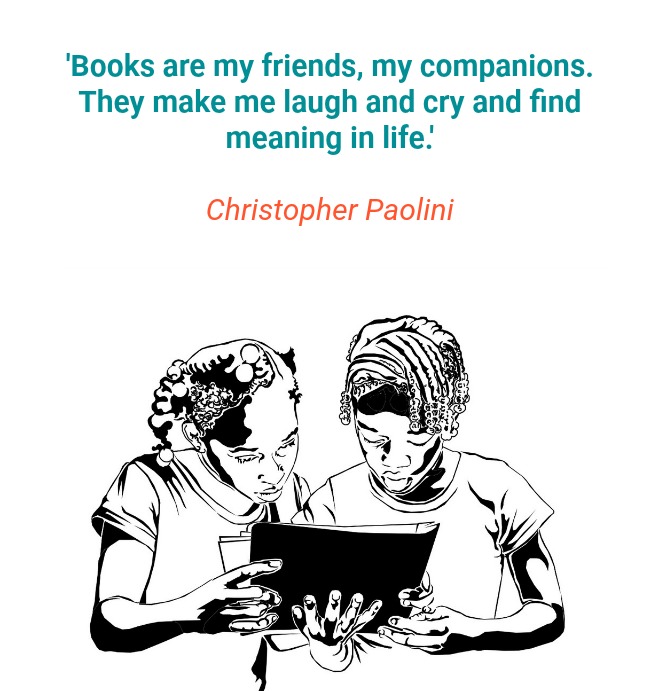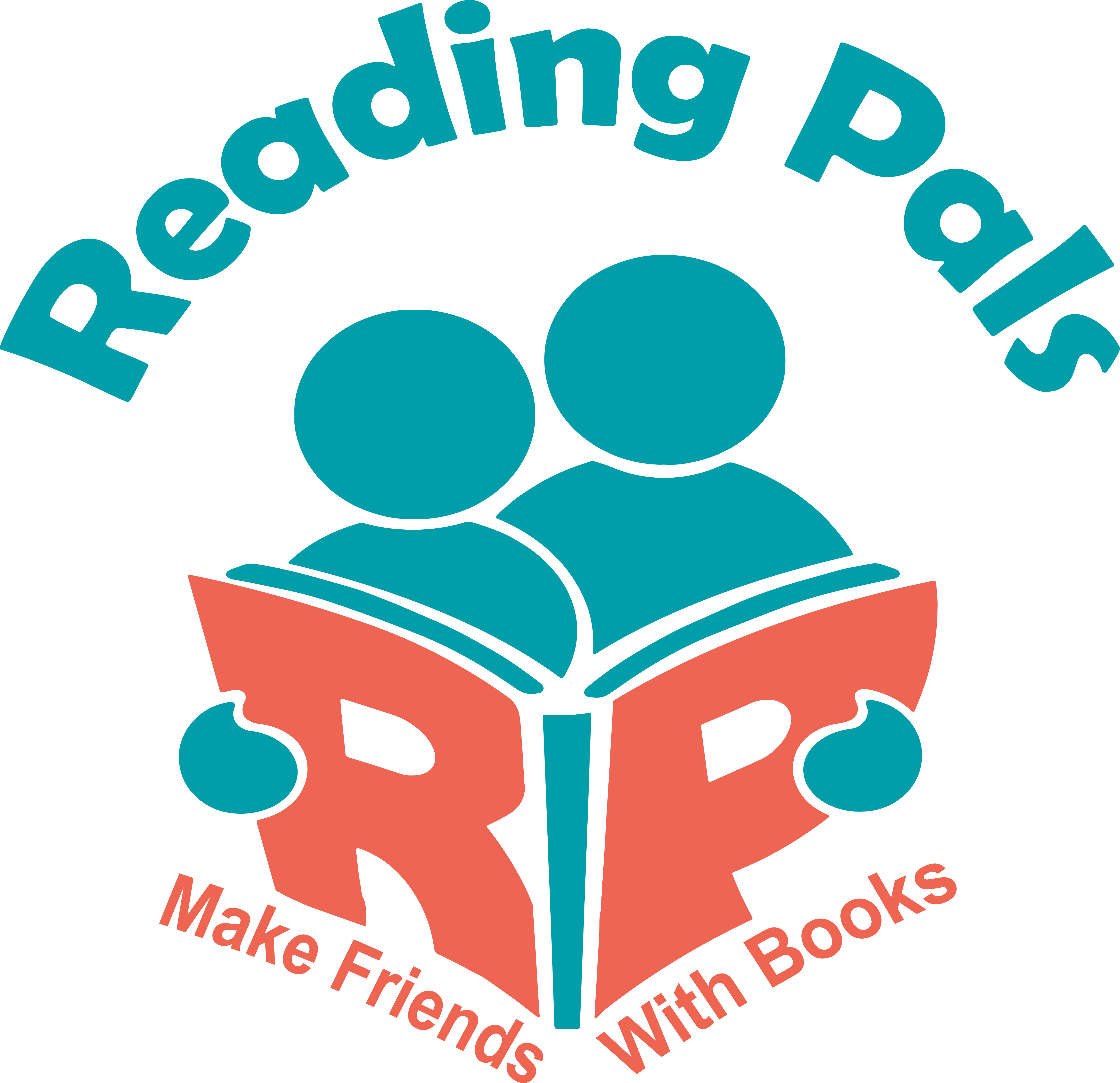Forming Connections
There are many reasons why children feel lonely; moving areas and countries, language barriers, social anxiety, speech and language processing difficulties, hearing loss, dysfunctional home lives and bullying in their communities and schools. Reading Pals can make a crucial difference to any child who is feeling lonely by helping the child to form stronger bonds with their peers and school community. Reading Pals groups mimic a nurturing family within the school community with ‘parental’ staff and supportive ‘siblings.’ Not only do the children meet regularly with their older Reading Pal, and have the opportunity to form a friendship with that person, but they also form connections with others in the group and the adult running the group. Feedback from children and adults taking part show social bonding is a significant part of their enthusiastic participation in the scheme.
Reading Pals can make a crucial difference to any child who is feeling lonely by helping the child to form stronger bonds with their peers and school community. Reading Pals groups mimic a nurturing family within the school community with ‘parental’ staff and supportive ‘siblings.’ Not only do the children meet regularly with their older Reading Pal, and have the opportunity to form a friendship with that person, but they also form connections with others in the group and the adult running the group. Feedback from children and adults taking part show social bonding is a significant part of their enthusiastic participation in the scheme.
Reading Pals and Behaviour
Many children sadly lack the emotional nurturing that they need at home, consequently they can develop a deep sense of loneliness and low self-esteem. The emotional neglect experienced in the home can lead to children actively seeking attention in the classroom, often in negative, disruptive ways that impact on the learning of other children in the class.
Reading Pals can help by providing a positive way for children to have regular positive attention from their peers and the adult running the group. This is particularly the case with the one to one connection between the older and younger Pal. The younger Pals have a sense of being nurtured and supported by their older Pal. The Older Pal has a sense of being important to the younger Pal and the satisfaction of knowing they are contributing to their Pal’s well-being. Many staff coordinating Reading Pals groups gave examples of children whose behaviour had significantly improved as a result of being included in the groups. A sense of social responsibility and usefulness to their community is an excellent way to help develop children and young people’s confidence. Learning at an early age that they have useful skills and qualities, that can help others, will encourage them to develop goals that will benefit themselves and society.
A sense of social responsibility and usefulness to their community is an excellent way to help develop children and young people’s confidence. Learning at an early age that they have useful skills and qualities, that can help others, will encourage them to develop goals that will benefit themselves and society.
Emotional Literacy
In today’s complex times children have a great deal to learn about social interaction; understanding and knowing how to express their emotions appropriately are invaluable skills in a rapidly changing world.
The stories in books provide a stimulating and safe way for children to investigate and learn emotional literacy. Reading Pals supports this learning by providing a structure that encourages the children to observe and discuss the experiences of the characters.
The scaffolding scripts provide opportunities to develop important higher order thinking skills to help the children process their emotions and their environments. Many of the questions investigate the emotional responses of the characters and also encourage the children to draw conclusions about behaviour from the stories.

